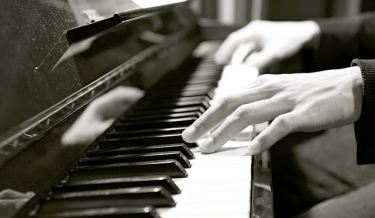Practice doesn’t always make perfect, creative risks are also needed to be great
What does it take to be really good — if not great — at something?
A lot depends on the skill or event. For instance, “In expert tennis, 80% of the points are won, while in amateur tennis, 80% are lost,” says economist Eric Falkenstein. “The same is true for wrestling, chess, and investing: Beginners should focus on avoiding mistakes, experts on making great moves.”
The first step towards mastering a skill, then, lies in assessing whether the ability observes rigid rules or not. Knowing that will help you prioritize deliberate practice over taking creative liberties and vice versa. So if the rules never change, like in classical music or mathematics, you can “out-study” the competition to make it to the top.
But in less structured fields — such as entrepreneurship, rock and roll, and other humanities — taking creative risks or “making great moves” as Falkenstein says takes precedence. It’s the fastest way to greatness. In other words, strict standards reward mastery first. Unregulated skills reward creativity more.
Of course, many disciplines demand both mastery and risk-taking to become great, not to mention raw talent. But knowing where to start — whether by mastery or creativity — is half the battle.


Excellent!